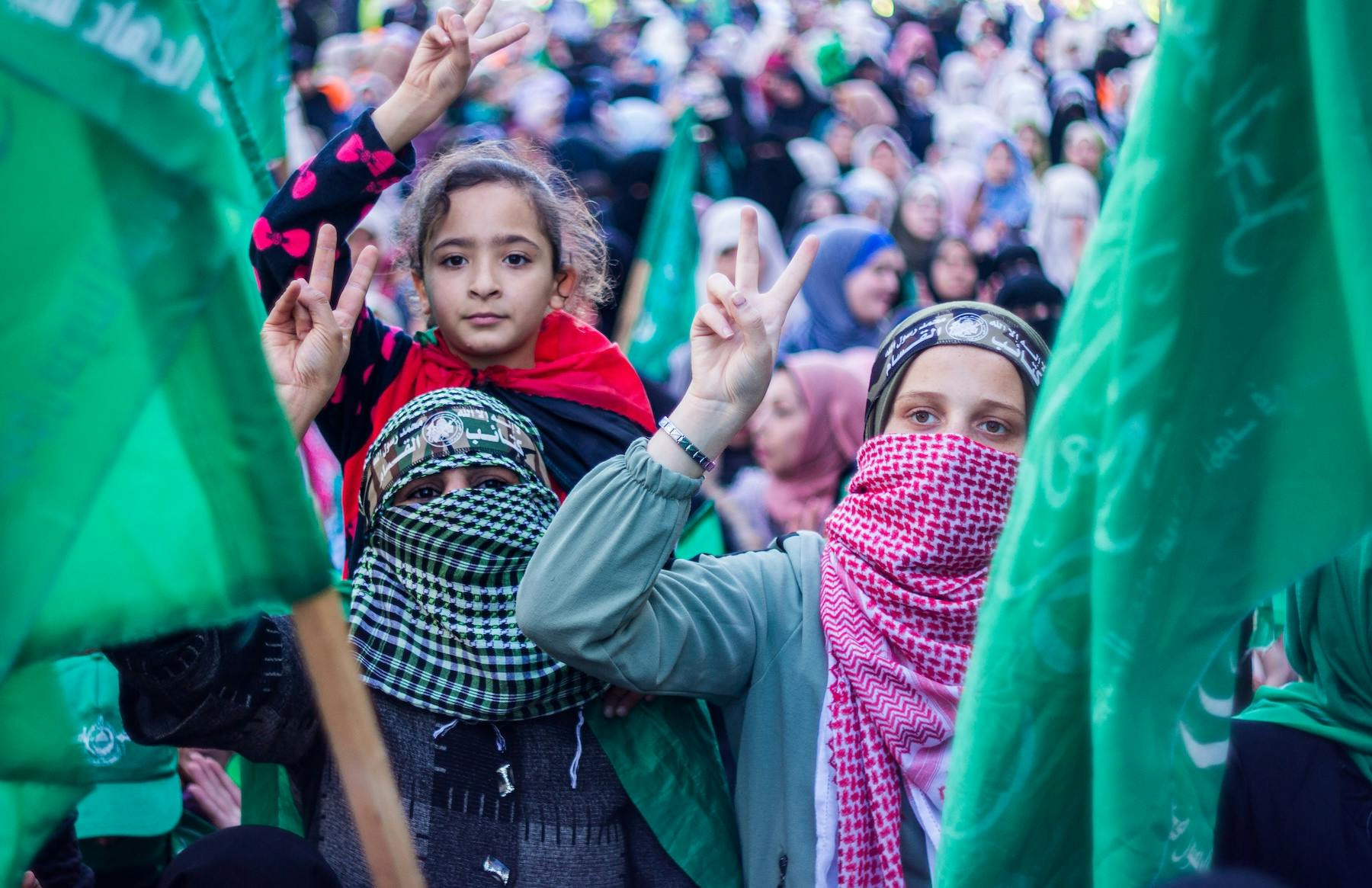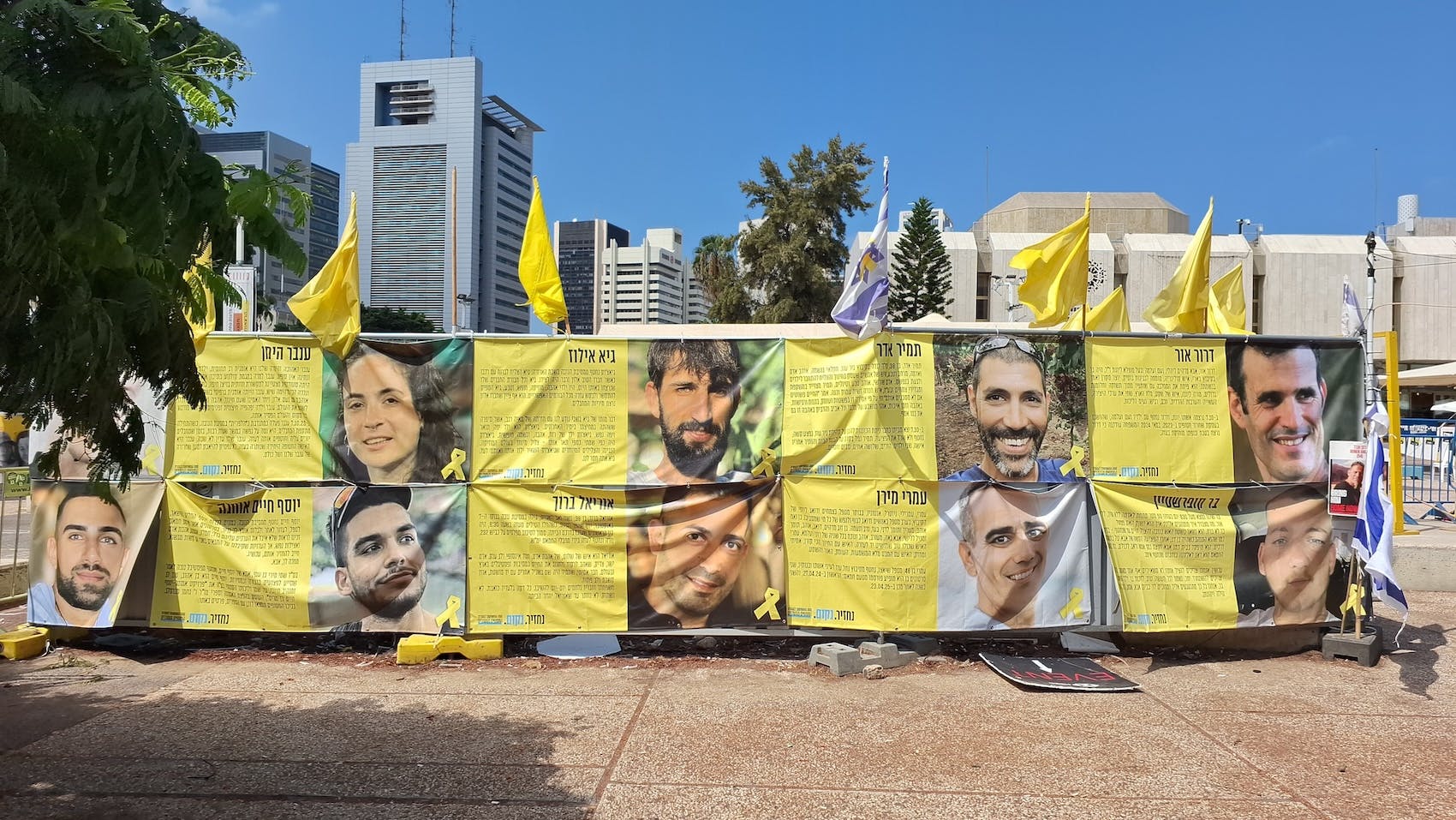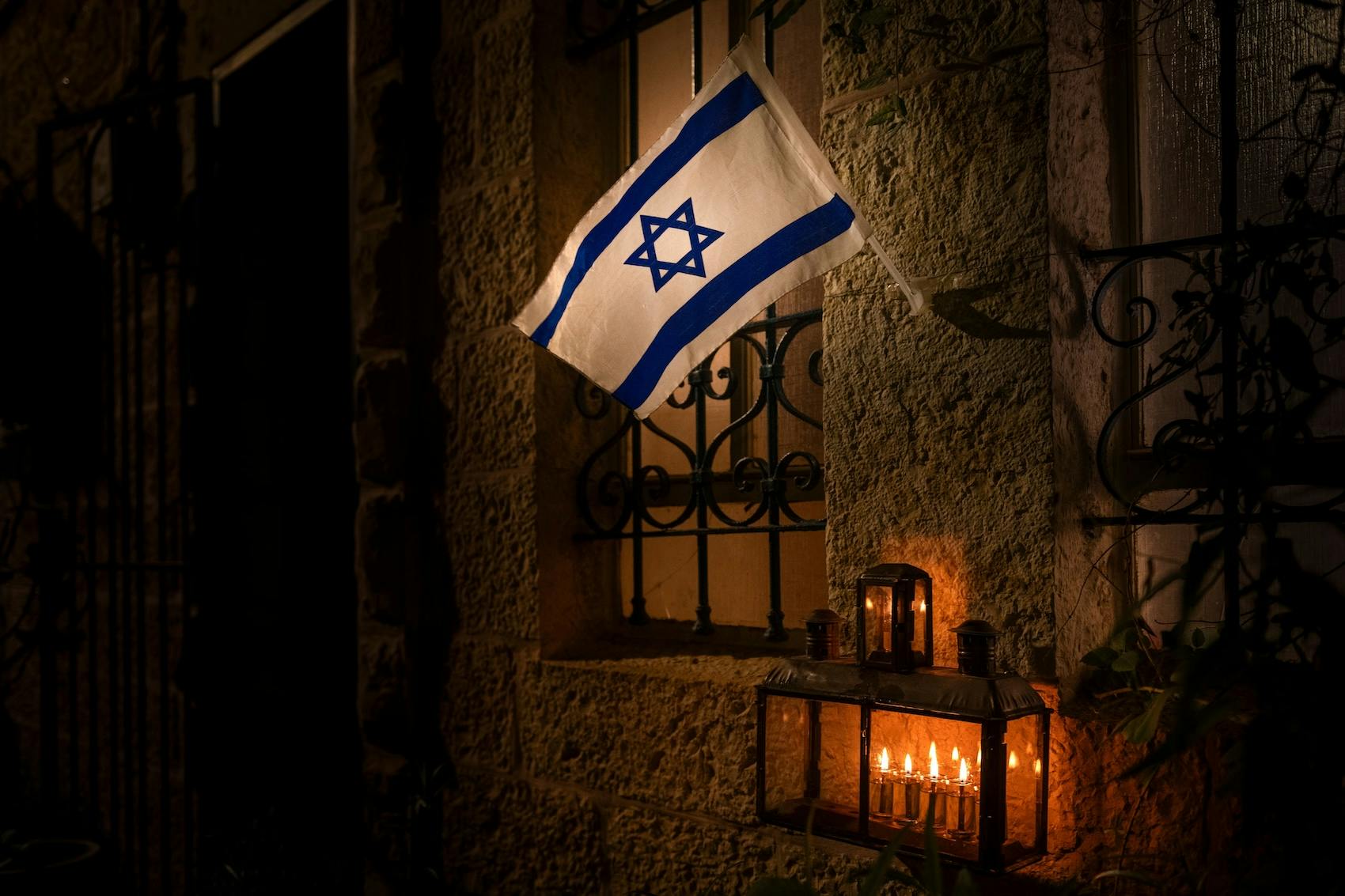“Then the Lord spoke to Moses, saying, “Speak to the children of Israel, saying: ‘In the seventh month, on the first day of the month, you shall have a sabbath-rest, a memorial of blowing of trumpets, a holy convocation.’”
Leviticus 23:23–24
Rosh Hashanah, which is celebrated on the first of the month of Tishri, marks the beginning of the Hebrew calendar. This special feast is mentioned in the scriptures as a holy convocation and a memorial of the blowing of trumpets.
“Then the Lord spoke to Moses, saying, “Speak to the children of Israel, saying: ‘In the seventh month, on the first day of the month, you shall have a sabbath-rest, a memorial of blowing of trumpets, a holy convocation. You shall do no customary work on it; and you shall offer an offering made by fire to the Lord.’” - Leviticus 23:23–25
On the first of the month of Elul, preparations begin for a period of special prayers in the synagogues. In the early morning hours, people gather in the synagogues to ask for forgiveness, for all the wrongdoings they have committed intentionally and unintentionally.
Many Jews take their families on a special walk in the streets of Jerusalem, listening to the nostalgic melodies and pleasant traditional prayers emanating from the windows of the synagogues.
Year after year, the people are taken back to their roots and reminded of the Jewish traditions they grew up with and the long history of Sephardic and Ashkenazi Jews who have prayed in Jerusalem for many generations.
“In returning and rest you shall be saved; In quietness and confidence shall be your strength.” – Isaiah 30:15
Symbols of Rosh Hashanah
Rosh Hashanah is considered a 'Sabbath-rest'; for that reason, families gather around for a festive meal with relatives and friends as they light the candles and enjoy a meal comprised of foods that symbolize the new year:
- Apples dipped in honey – for a 'sweet and happy new year'.
- Round honey-covered Challah bread – the circular shape symbolizes the cyclical nature of life, as well as the crown of God.
- Pomegranate – Its many seeds symbolize good deeds. When we eat the pomegranate, we say a blessing that our rights will be as many as the seeds of the pomegranate.
- Fish – Blessing those in attendance to be 'the head and not the tail', and in the hope that the year will be as bountiful as the fish in the sea.
Another Rosh Hashanah tradition is that people bless each other with 'Shana tova umetuka' (a good and sweet year) or ‘Shana tova ume’vorechet’ (a good and blessed year).
The Feast of Trumpets
“‘And in the seventh month, on the first day of the month, you shall have a holy convocation. You shall do no customary work. For you it is a day of blowing the trumpets.” – Numbers 29:1
In Hebrew, Rosh Hashanah (the 'head of the year') is also called Yom Teruah. The word teruah means "to make a sound”. For this reason, this special holiday is marked by blowing the shofar (a ram's horn) in synagogues in Israel and worldwide.
In the Bible, the sound of a trumpet blast was used as a special call as a warning, a time of mourning or war, or on joyous occasions – to proclaim the beginning of a festive and joyful event.
“With trumpets and the sound of a horn; Shout joyfully before the Lord, the King.” - Psalm 98:6
In Israel, the shofar is blown in the synagogue on Rosh Hashanah in a series of three types of blasts:
- Tekiah — a long sob-like blast
- Shevarim — a series of three short wails
- Teruah — nine sharp staccato bursts
“Blow the trumpet at the time of the New Moon,
At the full moon, on our solemn feast day.” – Psalm 81:3
In this instance, the sound of the shofar is a joyous one, declaring a time of new beginnings and joy, but Rosh Hashanah is not only about welcoming the new year – the shofar also serves as a call to repentance and forgiveness.
Forgiveness and Repentance
While most of the world celebrates their new year with fireworks, New Year’s resolutions, and counting down till midnight with a drink in hand, the biblical feast of the Hebraic new year is celebrated differently.
Rosh Hashanah also begins a ten-day period leading up to the holiest day of the Jewish calendar Yom Kippur (the Day of Atonement). On Yom Kippur, the priests would enter the Holy of Holies and repent on behalf of the people of Israel and ask that God would cleanse them of their sins.
The ten days between Rosh Hashanah and Yom Kippur are dedicated to deep introspection, self-examination, and soul searching that results in repentance.
As believers in Yeshua, we have confidence that our sins are atoned for and that we are made a new creation through His sacrifice.
“Therefore if anyone is in Messiah, he is a new creation. The old things have passed away; behold, all things have become new. Now all these things are from God, who reconciled us to Himself through the Messiah and gave us the ministry of reconciliation. That is, in Messiah God was reconciling the world to Himself, not counting their trespasses against them; and He has entrusted the message of reconciliation to us. We are therefore ambassadors for Messiah, as though God were making His appeal through us. We beg you on behalf of the Messiah, be reconciled to God.” — 2 Corinthians 5:17-20 (TLV)
A New Year and a New Heart
“Then I will give them one heart. I will put a new Spirit within them. I will remove the heart of stone from their flesh and give them a heart of flesh…” — Ezekiel 11:19
Only through true salvation in Yeshua and a covenant between God and man can we stand before the King of Kings and be found righteous in the Messiah.
“Behold, the days are coming, says the Lord, when I will make a new covenant with the house of Israel and with the house of Judah — not according to the covenant that I made with their fathers in the day that I took them by the hand to lead them out of the land of Egypt, My covenant which they broke, though I was a husband to them, says the Lord. But this is the covenant that I will make with the house of Israel after those days, says the Lord: I will put My law in their minds, and write it on their hearts; and I will be their God, and they shall be My people.” — Jeremiah 31:31-33
The true hope of Rosh Hashanah is the hope of reconciliation, gratitude for forgiveness, a covenant relationship with Yeshua, and the miracle of becoming a new creation.
As thousands of Jews gather to listen to the blowing of the shofar in the synagogues worldwide and in Israel, let it be a call to repentance, ushering in the days of great salvation and redemption.
For thus says the LORD:
“Sing with gladness for Jacob,
And shout among the chief of the nations;
Proclaim, give praise, and say,
‘O LORD, save Your people,
The remnant of Israel!’” — Jeremiah 31:7
As we say in Israel: May you be the head and not the tail and have a 'Shana tova u'metuka'! We have hope, peace, and love and wish you all a happy and blessed new year!





